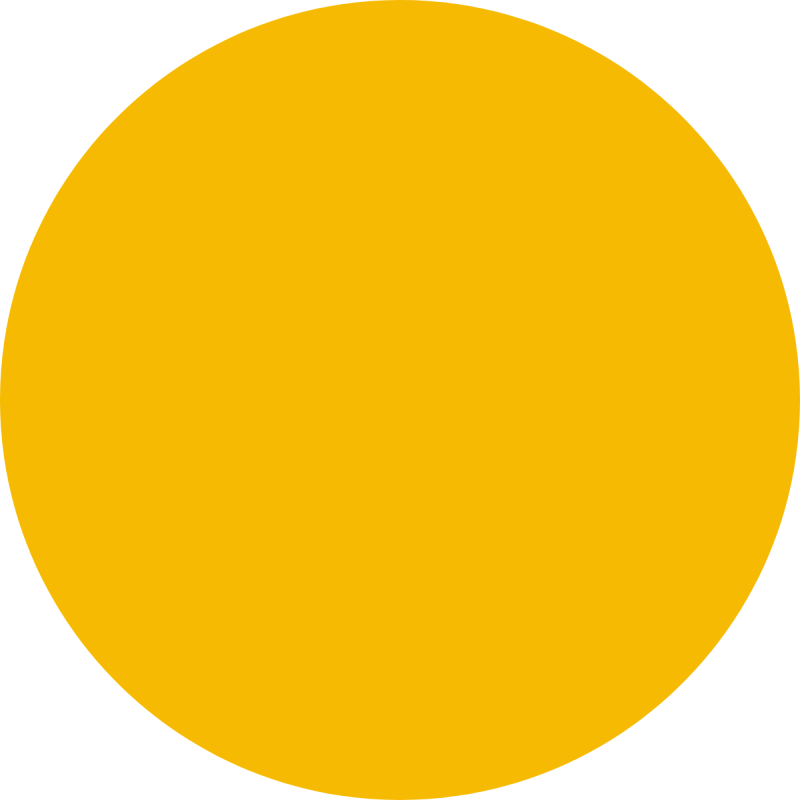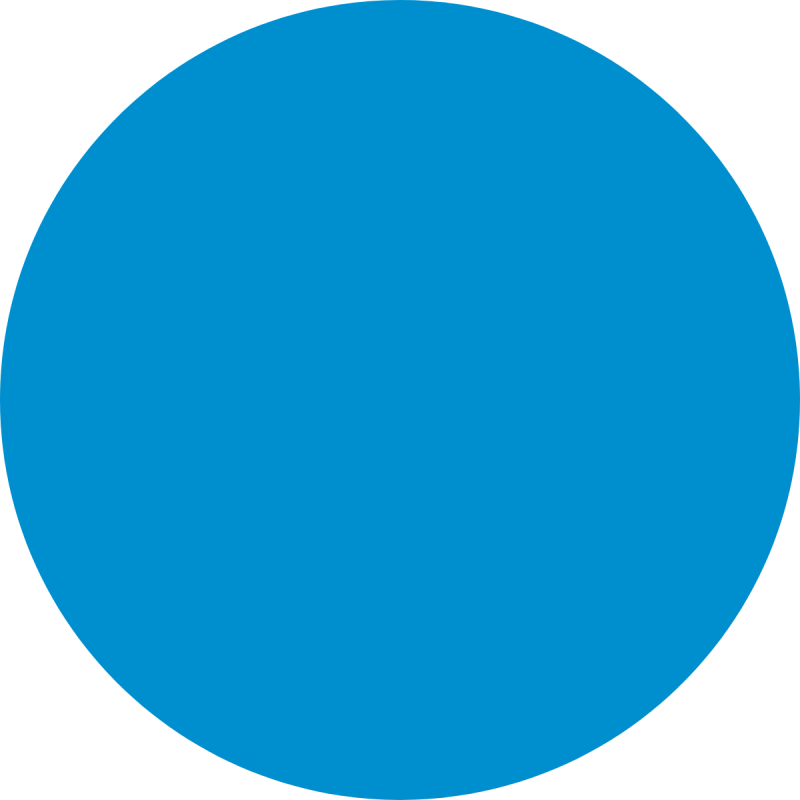Welcome to Equitable and Just Digital Society: Developing Interdisciplinary Skills and Knowledge (ECTS 3)- a postgraduate-level course, part of an unfolding CIVIS postgraduate micro-programme focused on the social challenges of digital and technological transformations.
While taking this course, you will develop critical knowledge and practical skills to become interactional experts in research for an equitable and just digital society.
The interdisciplinary approach covers the Sociology of Digital Society, Power and Justice in the Digital Age from an International Perspective, Digital Media, Social Participation and Life-Long Learning, Human-Computer Interaction, Design and Information Society and Integrated Research and Ethics.
You will be taught by leading experts from world-leading universities:
- University of Glasgow (UK),
- University of Tubingen (Germany),
- Stockholm University (Sweden)
- Autonomous University of Madrid (Spain),
- University of Witwatersrand (South Africa).
You may enrol in this course as an individual learning experience or complete the micro-programme course of study as additional courses are launched on the following academic years.







